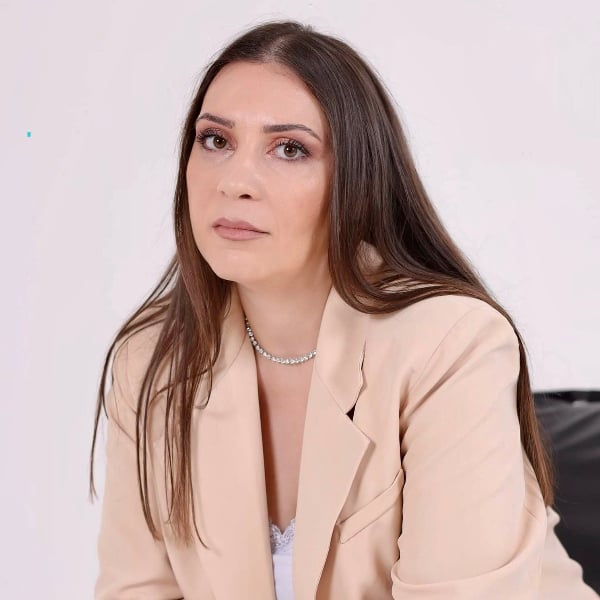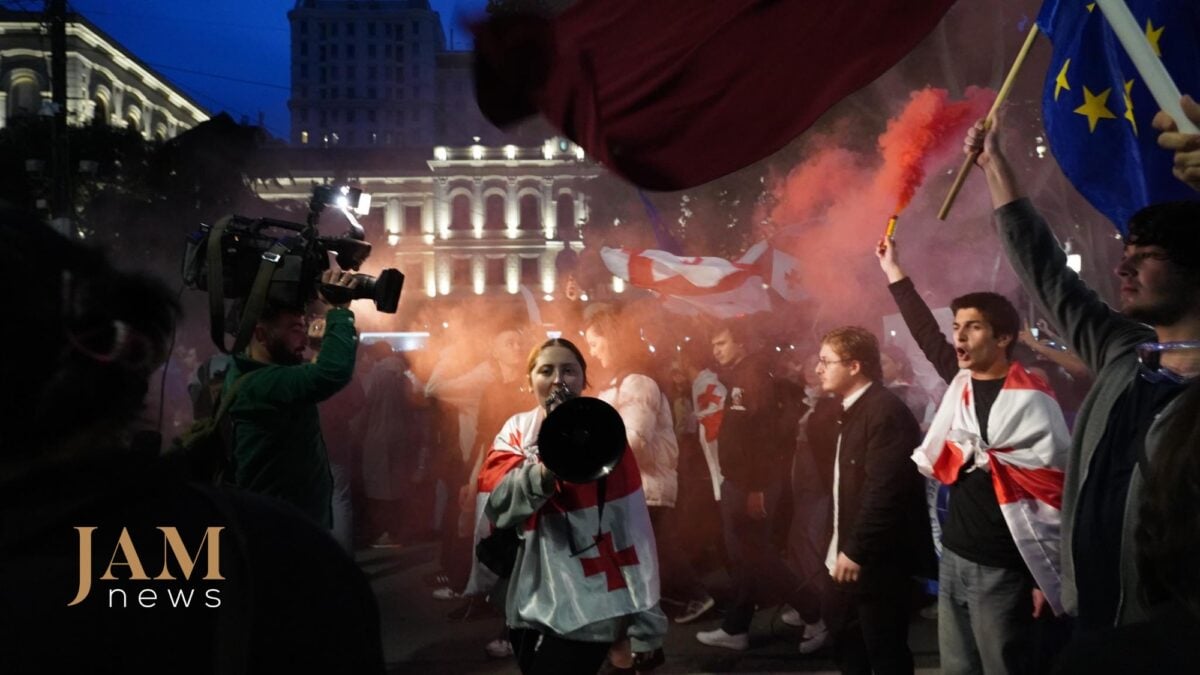The controversial law on “foreign agents” adopted in Georgia directly affects the Georgian media.
Media outlets that receive over 20 percent of their annual income from external sources are classified as “foreign agents” according to the law. These outlets must acknowledge their status as foreign agents and submit an annual financial declaration. Failure to register as a “foreign agent” or to submit the statement will result in a fine of 25,000 GEL (approximately 94,000 dollars).
Mariam Nikuradze, the co-founder of OC-Media, explains that the new law impacts online independent media. According to her, traditional media such as television, radio, and print are regulated and receive financial support. However, media that receive grants from abroad and uphold their editorial independence must comply with the new regulations or risk closure.
“We, along with other media outlets, will be required by law to register in the registry of foreign agents. However, neither OC Media nor many other organizations intend to comply; this goes against our mission and values. As a result, we will face fines, but we see no other alternative. Ultimately, this law will likely result in the shutdown of independent media and civil society organizations,” explained Mariam Nikuradze.
The journalist emphasizes that the only hope is to endure until the national elections in October. If the ruling “Georgian Dream” party is not replaced, the future of independent media in Georgia may be bleak, as the journalist believes the ruling party is following a similar path to that of Russia and Belarus.
Guram Imnadze, the leader of the “Social Justice Center,” highlights a concerning aspect of the law: the proposed monitoring. The Ministry of Justice is given the authority to conduct monitoring at any time to identify organizations that may be acting in the interests of foreign powers. During these monitoring activities, an authorized official may obtain necessary information, including personal data, to ensure compliance with the law.
Imnadze pointed out that the law does not specify the scope of monitoring, which allows access to any kind of information from an organization or mass media. “If people can’t trust that their information will be protected, they won’t trust the media,” Imnadze emphasized.

Photo taken during protests in May by Jam-news.net
For weeks, Georgian citizens have been protesting in front of the parliament building, facing strong opposition from security forces. The authorities have used water cannons, tear gas, and rubber bullets against tens of thousands of citizens demanding to withdraw the controversial law, but their efforts have been unsuccessful.
During the protests, over 200 organizations, including news outlets, declared that they would never agree to be registered in the “registry that undermines their dignity” in any way. They warned that they would cease cooperation with the authorities and refuse to participate in working groups and meetings where government representatives are present until the proposed law is withdrawn.
Netgazeti.ge editor Tazo Kupreishvili is not surprised by what happened.
According to him, the government has been conducting a discrediting campaign against independent media for a long time. State officials have been accusing them of being spies, withholding public information, refusing to grant interviews, and even barring journalists from independent online media from entering the parliament building for almost 2 months during the law adoption process. Kupreishvili believes that once the law is fully implemented, it will become a repressive tool for the government to use against independent media and journalists.
The editor reports that Netgazeti is also facing difficulties.
“The government scares businesses away from advertising with us, so we have to seek grants from donors to provide verified information to the public, investigate corruption, and report human rights abuses. If we are fined in the future, our bank accounts will be seized and we will not be able to pay our employees, making it difficult to continue our work,” emphasizes the editor.
He emphasizes the importance of calling things by their actual names. He explains that once organizations are registered as “organizations with foreign interests,” they will be labeled as “foreign agents” or “spies,” which is unacceptable for the majority of media and journalists.
“I doubt that any independent media will be able to afford a fine of 25,000 GEL for not being registered. This amount is catastrophic for the Georgian media. It could lead to the confiscation of bank accounts and property, resulting in the suspension of their work,” stated Tazo Kupreishvili.







